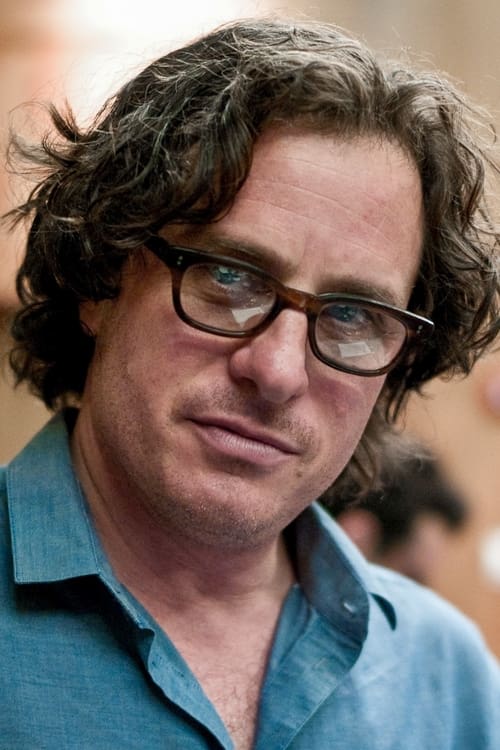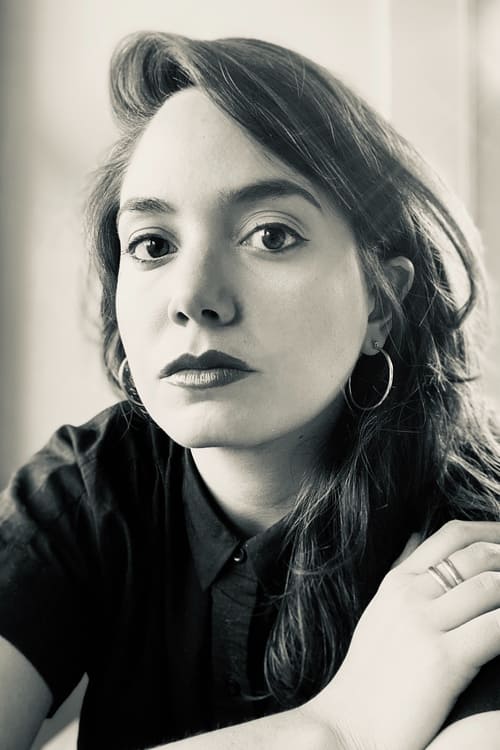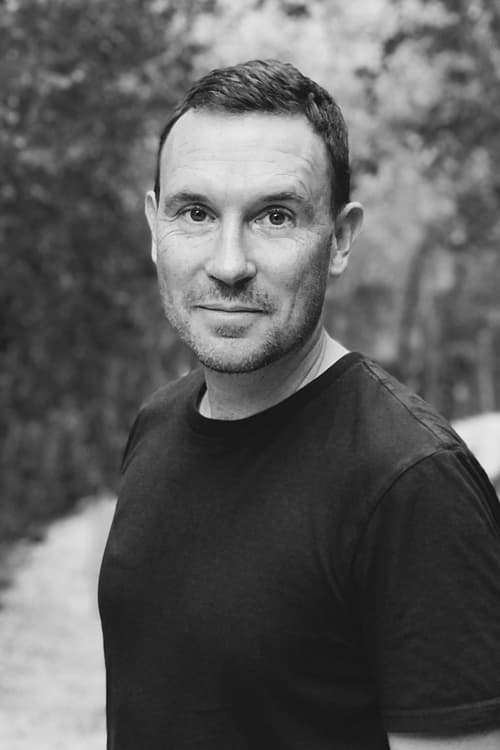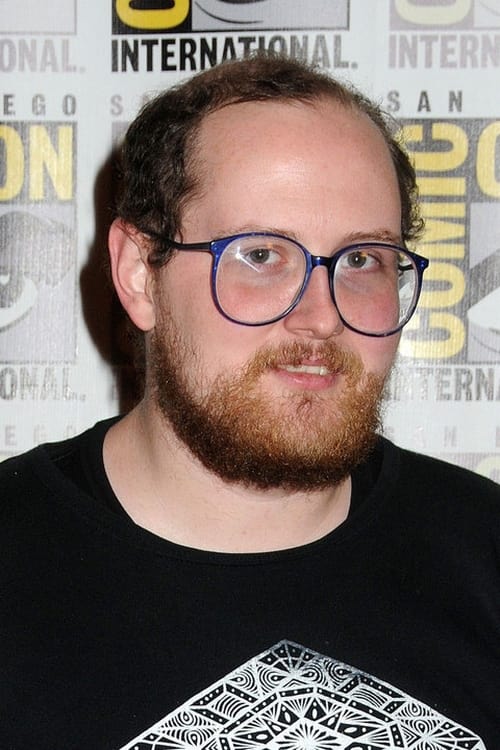We Can Be Heroes (2024)
Género : Documental
Tiempo de ejecución : 1H 26M
Director : Carina Mia Wong, Alex Simmons
Sinopsis
Sometimes, finding your tribe requires a bit of magic. For attendees of a live action role-playing (LARP) camp in upstate New York, the deeply accepting environment has given neurodivergent, queer, and self-proclaimed "nerdy" teenagers the space and community for self-discovery that they have never found anywhere else. As the campers immerse themselves in this imaginative world, they discover inner strength, heal from past traumas, and emerge as the heroes they are meant to be, both in the fantasy realm and in real life.

AVATARA is not a cartoon. It's a documentary about an Internet subculture who spend their lives immersed in an online 3-D voice-chat program called "Digitalspace Traveler." Through a series of 14 interviews, we uncover the history, art, identities, struggles and emotions of this unique internet community who, since as far back as 1996 have mostly devoted their lives to this software.
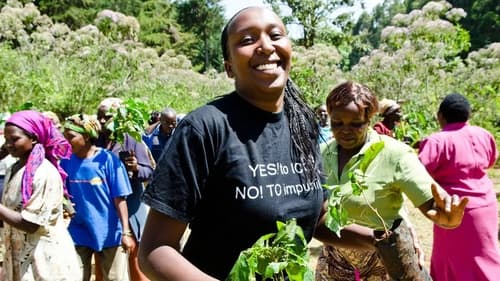
A film that captures the portraits and stories of extraordinary women around the world who are coming together to heal the injustices against the earth, weaves together poetry, music, art, and stunning scenery to create a hopeful and collective story that inspires us to work for the earth. The list of impassioned, indefatigable female environmental activists featured in this film includes Winona LaDuke, a Native American who has championed the use of solar and wind power on reservations; Theo Colborn, head of The Endocrine Disruption Exchange, who fights against toxic chemicals in our water supplies; Beverly Grant, who’s created a vibrant farmer’s market in a black neighborhood of Denver, Colo.; Dana Miller, who spearheads an “urban agriculture movement” in the same city; and Vandana Shiva, who champions organic farming in India.

In July 1860, the schooner Clotilda slipped quietly into the dark waters of Mobile, Ala., holding 110 Africans stolen from their homes and families, smuggled across the sea, and illegally imported to be sold into slavery. Surviving Clotilda is the extraordinary story of the last slave ship ever to reach America's shores: the brash captain who built and sailed her, the wealthy white businessman whose bet set the cruel plan in motion, and the 110 men, women, and children whose resilience turned horror into hope.
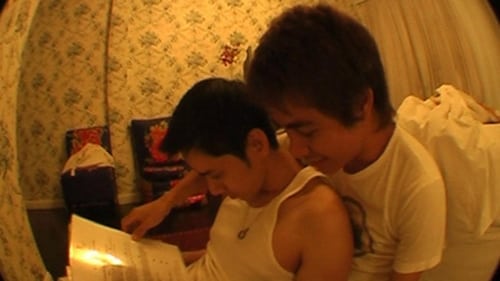
It doesn't look spectacular at first. Two boys each talk separately about their experiences. In the end also on the sexual level. In the end they are also in the room together. In the end they don't leave it at talking.

Set in an isolated mining town on the outskirts of Death Valley, SONG OF SALT is an immersive glimpse into the struggles and celebrations within a tight-knit community as its residents, suspended between the past and the future, face the present realities of an eroding economy.

Vickie and Zhenya are identical twins in the process of transitioning. They live in the small city of Norilsk in the far north of Russia. Their entire life is condensed into the space of their small room. The film is constructed as a methodological manual for the creation and arrangement of a living space, and the placement of various objects there. The room of Vickie and Zhenya is examined as an ideal example of the intimate private space capable of authentically reflecting its hostess. The film is based on a video-letter that Vickie and Zhenya sent to their friend Valya. Vickie and Zhenya got to know Valya at the clinic where they underwent their sex reassignment. Since then, Valya has been their constant—though invisible—witness of their life. They report to Valya on all the changes they go through in the process of their transfiguration into Beautiful Ladies.
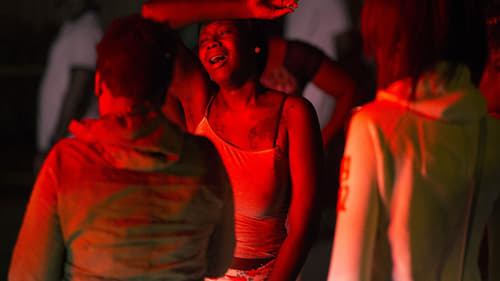
This documentary explores the aftermath of a 2015 mass shooting that took place during an anti-violence community basketball tournament at the Boys and Girls Club in Rochester, New York. Members of the Community along with family members of the victims join together to speak out against the needless violence that took the lives of multiple children and young adults and injured many others.

When Melody was a young child, 20+ years away from coming out as transgender, she developed an obsession with movies. One of her biggest hobbies was acting out her favorite VHS tapes, FBI warnings and trailers included, in front of her parents' camcorder. Mom and dad realized this was an easy way to keep their child busy. Thus, the camera became a sort of babysitter, resulting in dozens of tapes featuring Melody performing in front of the (usually stationary) camera.

A group of musicians who have never met get together for a week to live in a mansion to write an album, record it in a studio, and perform it at a Masquerade Ball.

Between Red and Purple is a documentary showcasing stories of setbacks but also triumphs. As article 534 remains unquestioned, the LGBTQ+ community in Lebanon also faces a deniable society.

The women of the first Garífuna community in Honduras work hard for the future of their daughters. Surrounded by a dazzling landscape, they celebrate their identity and the importance of maternal figures.
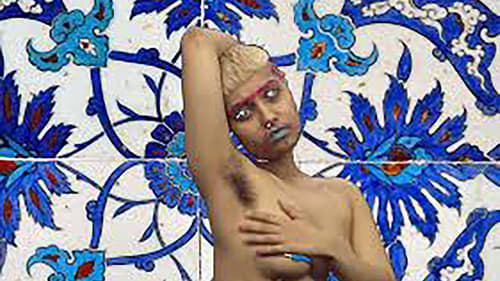
Can we reinvent our lost queer histories? #Familiar #Touch #Lost #Figures is about queer ancestry and diaspora, a hybrid of cultural traditions and contemporary queer identity. It explores feelings of guilt and joy, and intimacy between femmes of colour.

Healthy communities start around the kitchen table. Follow the struggles and transformations of the Kitchenistas as they learn to conquer a health crisis in their community by cooking traditional dishes in a healthy way.

Eccomi ... Eccoti unfolds as a virtual road trip navigating between Italy and Lebanon. Conditioned to live in a long-distance relationship with his partner because of strict European visa regulations, the director patches together the shared moments in an attempt to create a possible day-to-day reality for their couple. With a lyrical, ambient soundscape set atop a dreamy, atmospheric visual style that oscillates between still photography and moving images, the film explores what it means to be gay in contemporary Beirut and existential discomfort that blocks one from reaching a sense of complete-ness. Does such in-completeness have to do, in particular, with being gay? Or is it related to a grander malaise endemic to the human condition?


